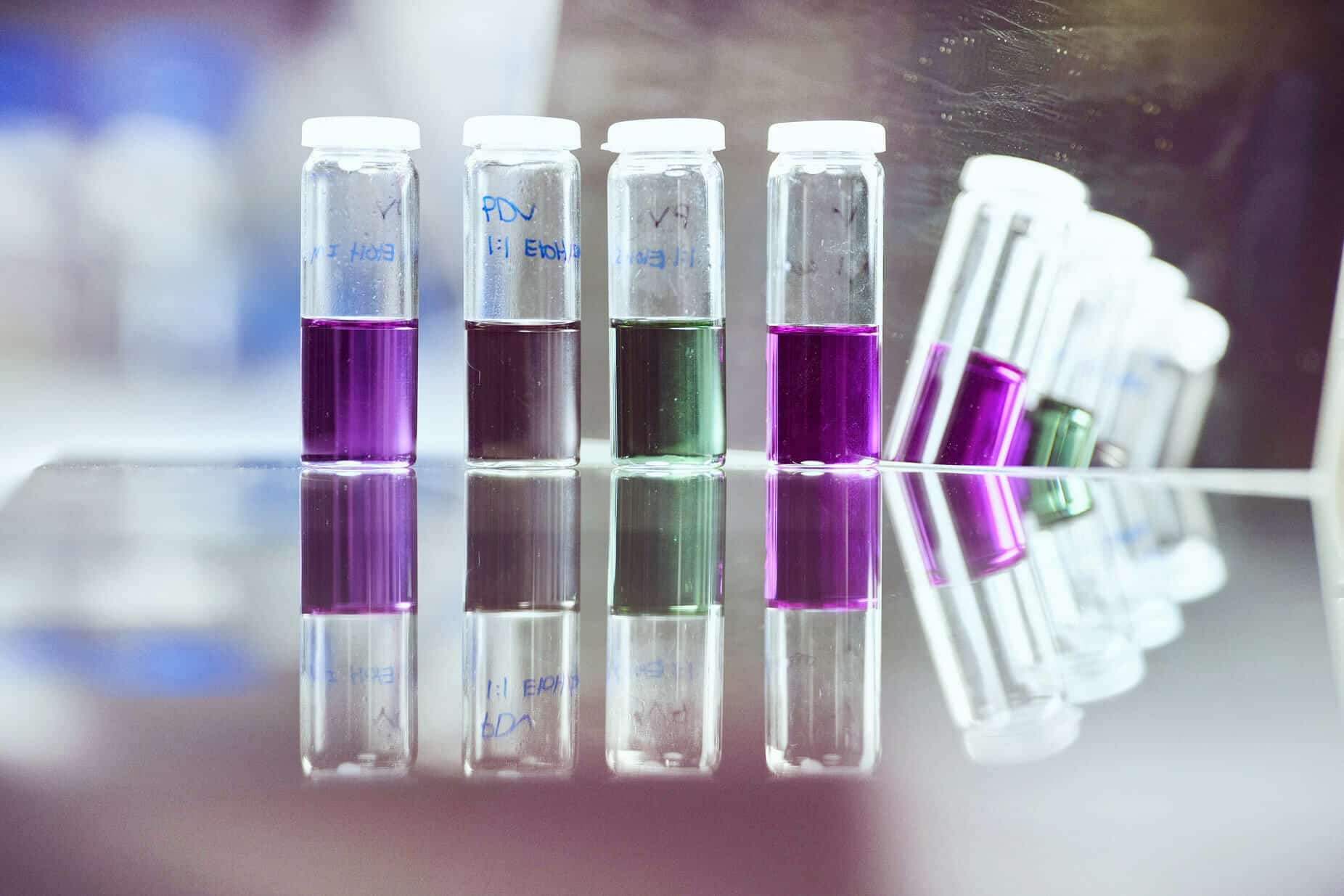Octarine Bio, a synthetic biology company focusing on sustainable bio-based ingredients, and Ginkgo Bioworks (NYSE: DNA), a leading cell programming and biosecurity platform, announced a multi-stage partnership today. The collaboration aims to engineer a strain for producing violacein and its derivatives, naturally occurring pigments with potent bioactive properties, including anti-microbial, anti-oxidant, and UV protective properties.
While the initial focus is on violacein, the partnership has the potential to expand to other tryptophan-derived compounds, each with unique applications.
The majority of textiles are made using synthetic dyes that are derived from fossil fuels. However, this practice has been linked to negative impacts on human health and the environment. According to the United Nations Environmental Program and the Ellen MacArthur Foundation, fabric dyeing, and treatment are responsible for about 20% of global wastewater.
In Europe, textile consumption significantly impacts the environment and climate change. The European Environment Agency reports it has the fourth highest impact on the environment and climate change, the third highest on water and land use, and the fifth highest on raw material use and greenhouse gas emissions.
Synthetic biology offers a sustainable alternative, enabling the development of safer, innovative colors and dyes through microbial fermentation. Octarine Bio's expertise in enzymatic derivatization, which can improve productivity levels and enhance the properties of these colors, is integral to this initiative. Coupled with Ginkgo Bioworks' strain engineering capabilities, this partnership could pave the way for a new range of bioactive colors and dyes that meet consumer demands for safer and more sustainable alternatives.
Ena Cratsenburg, Chief Business Officer at Ginkgo Bioworks, emphasized the significance of this collaboration. “Natural colors and dyes constitute a significant and expanding market, especially given the heightened awareness of harmful effects of conventional manufacturing processes. This is a robust opportunity to contribute to the fashion industry's sustainability. We are excited to work with Octarine to produce a new class of safer, high-performing colors and dyes.”
Dr. Nethaji Gallage, Co-founder & CEO at Octarine, echoed this sentiment. “We are thrilled to work with Ginkgo to improve the bio-based production process for our tryptophan program, focusing on a class of highly sought-after natural colors and dyes. We see tremendous potential to apply these natural pigments as bio-based dyes, one of the fastest-growing categories in the global textile market. We look forward to leveraging the Ginkgo platform to accelerate its development.”
Image provided by Octarine Bio


